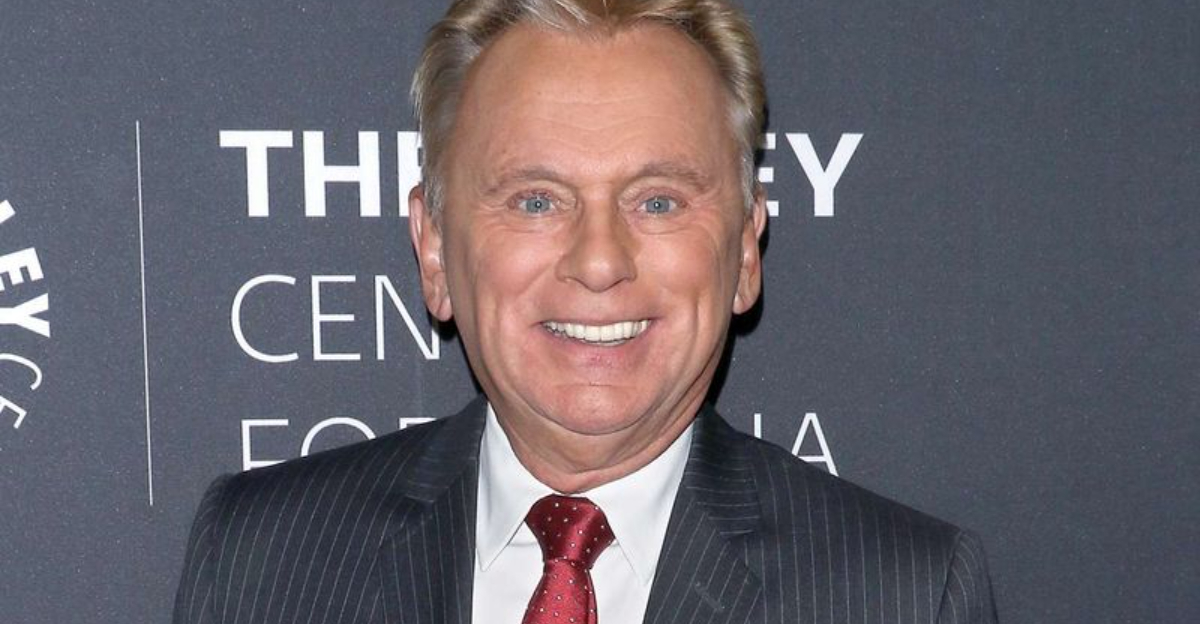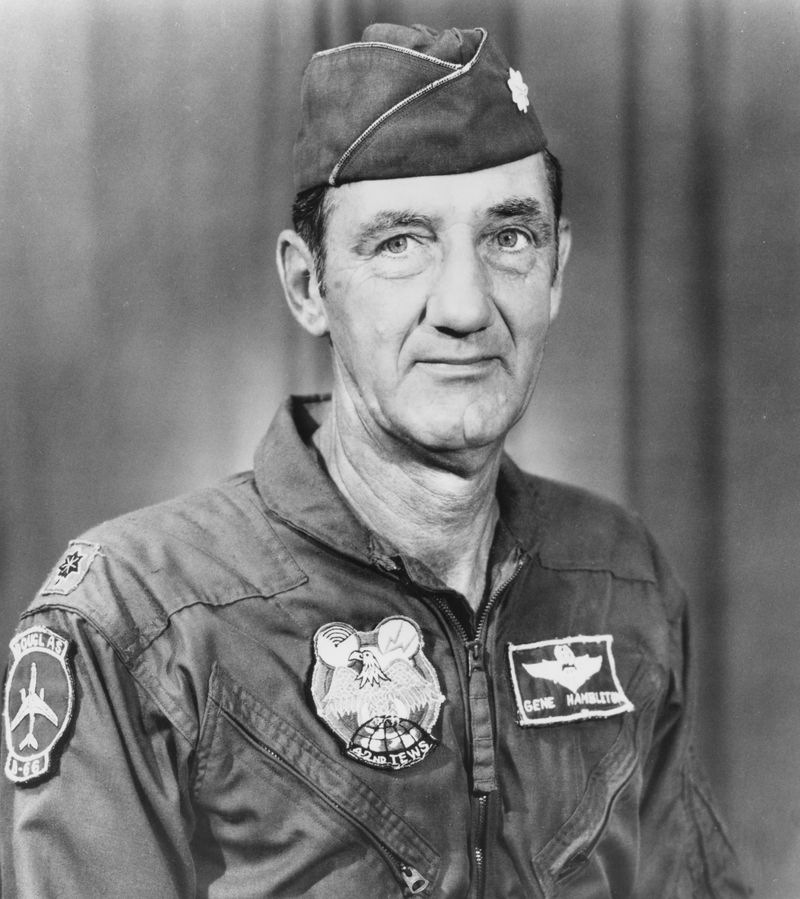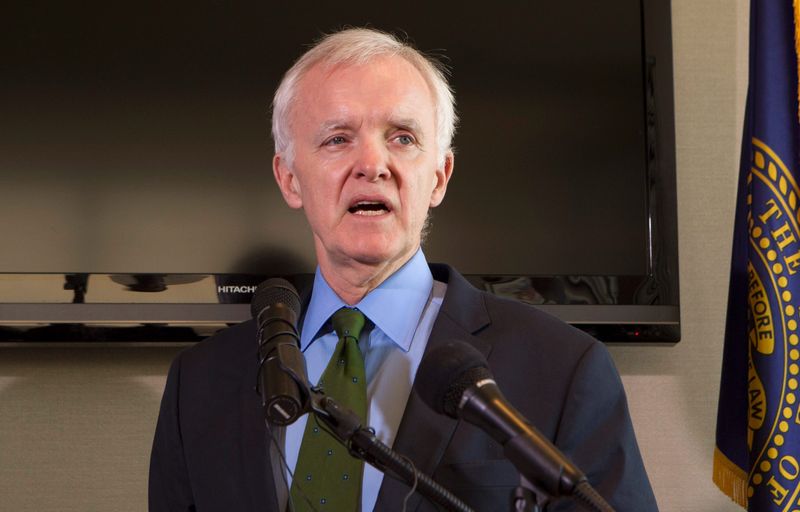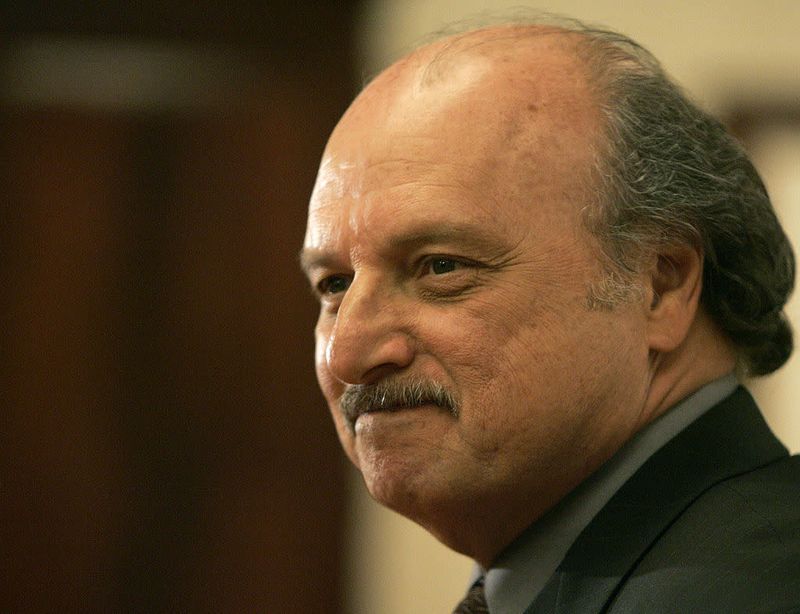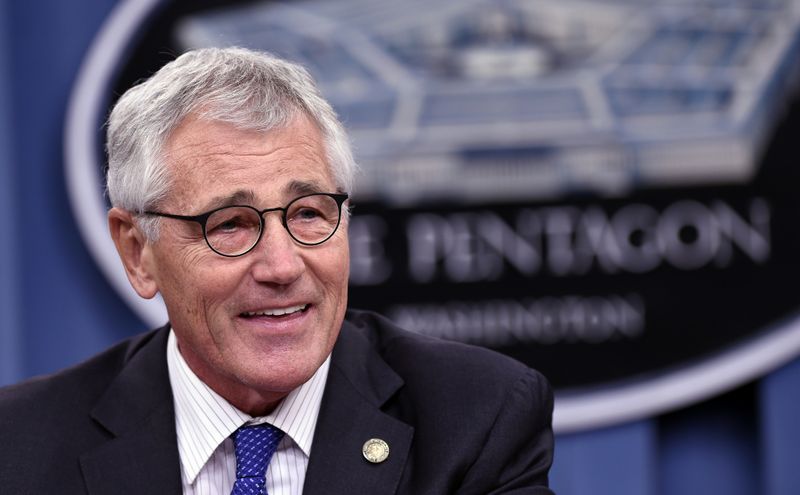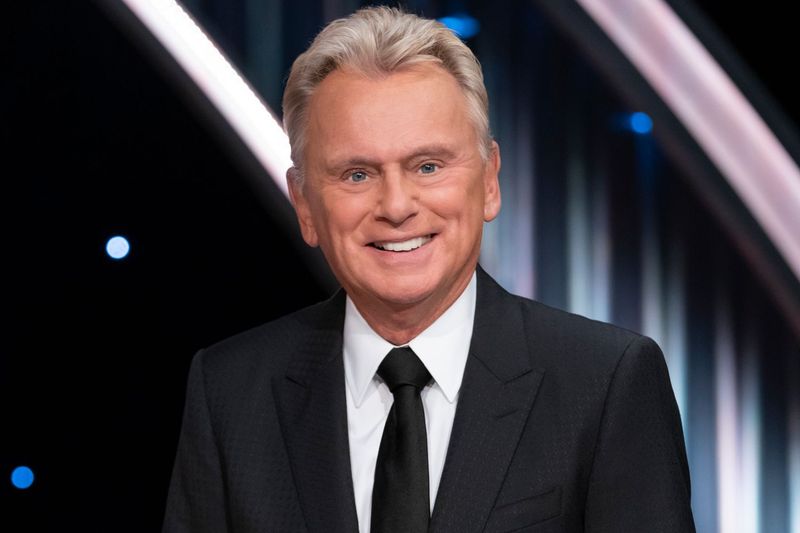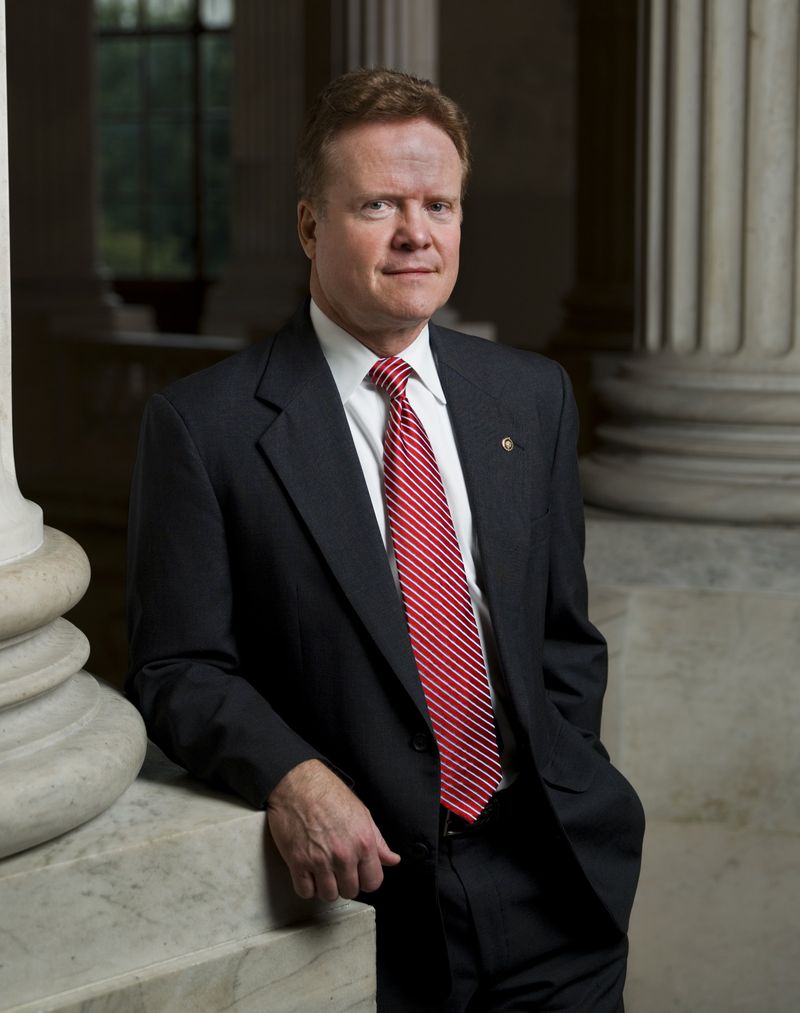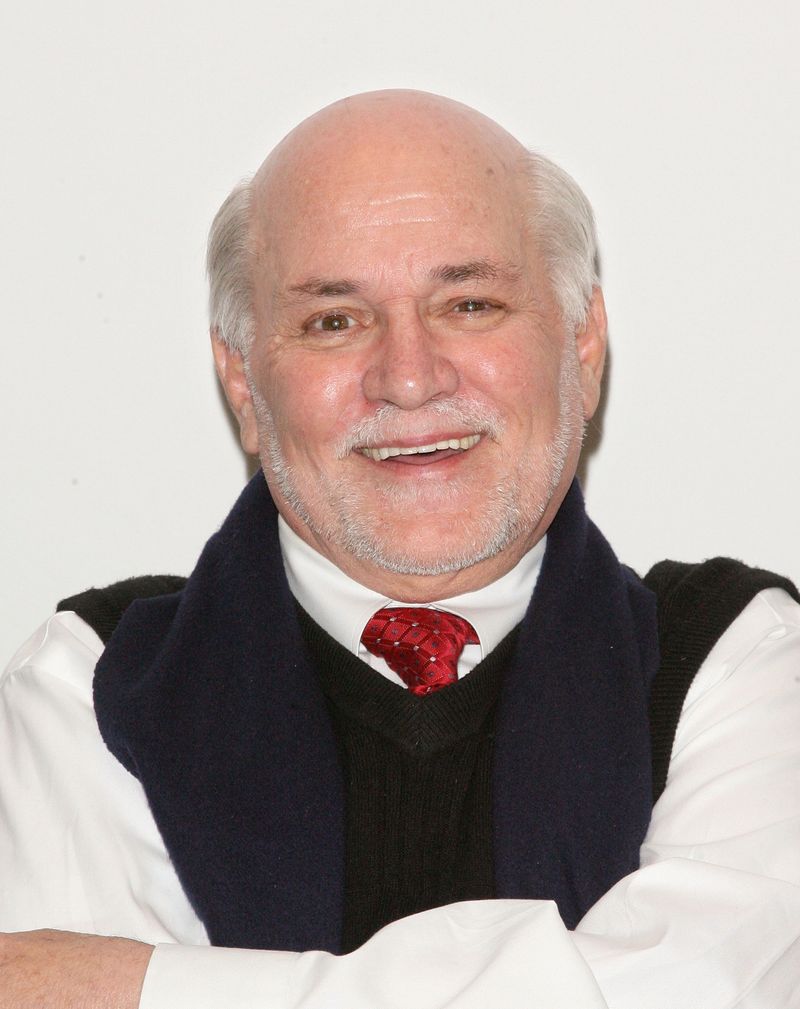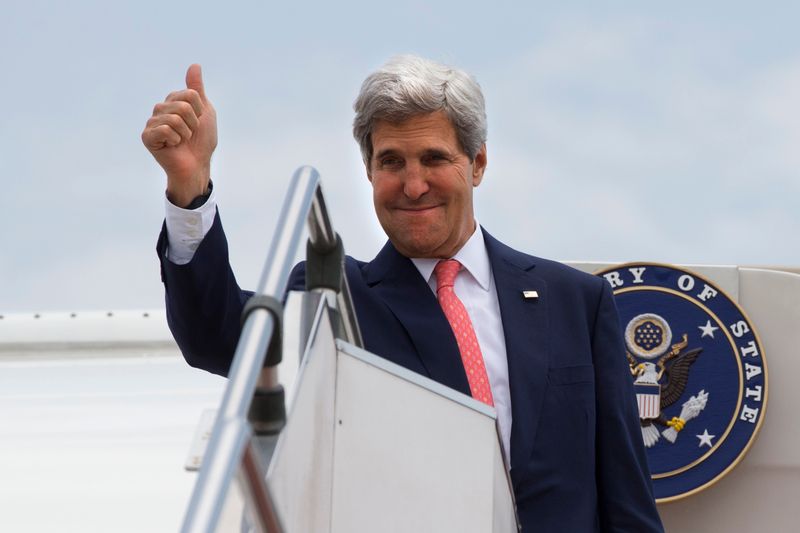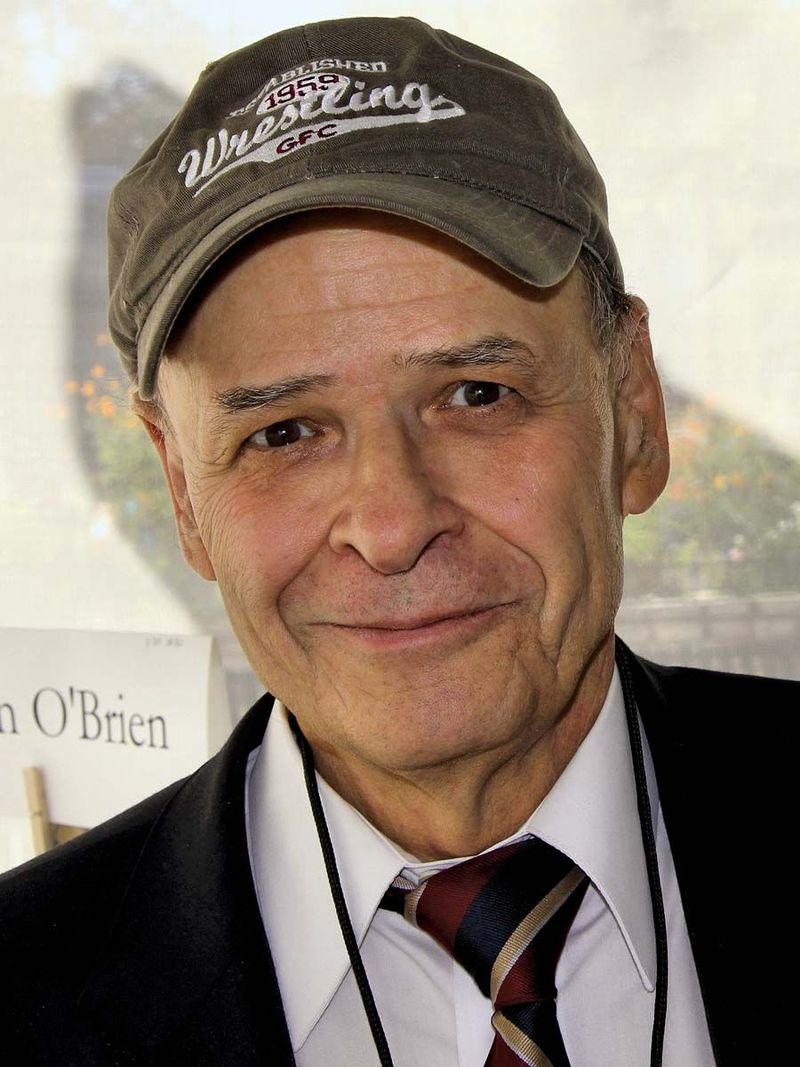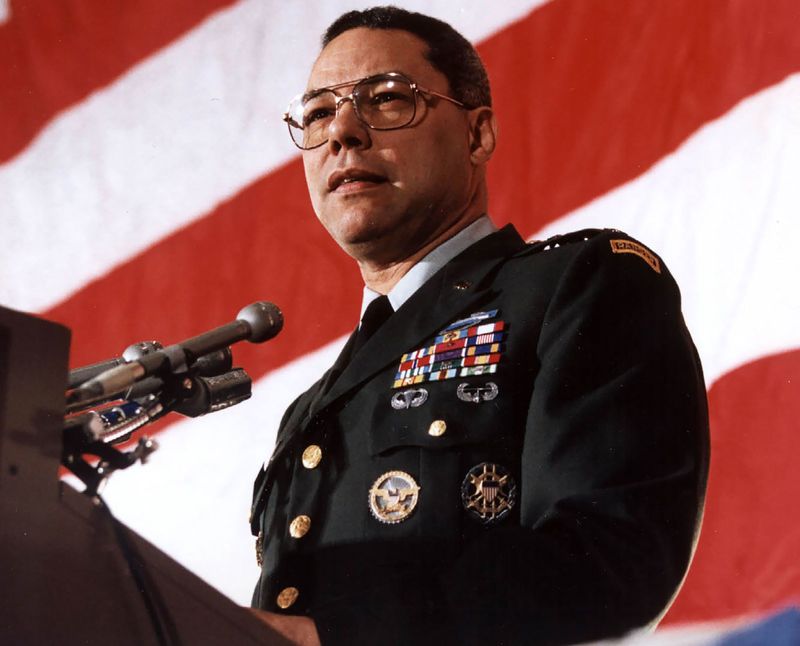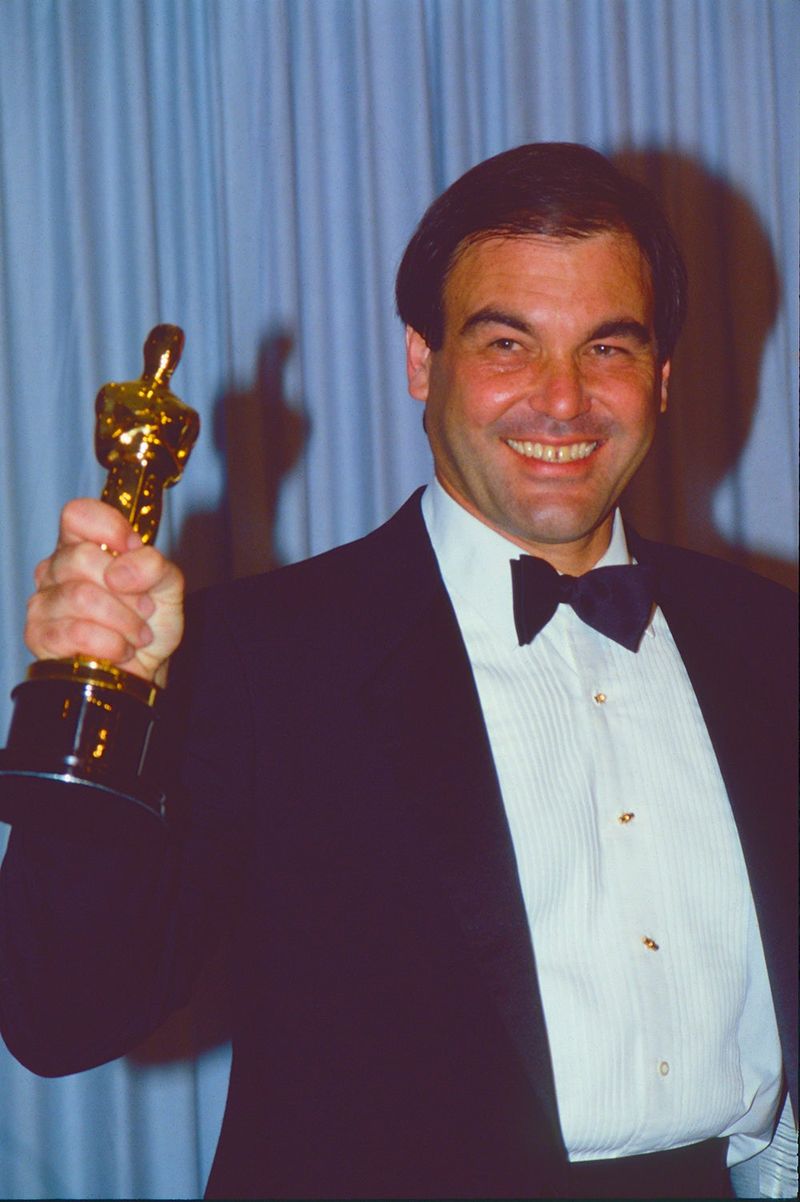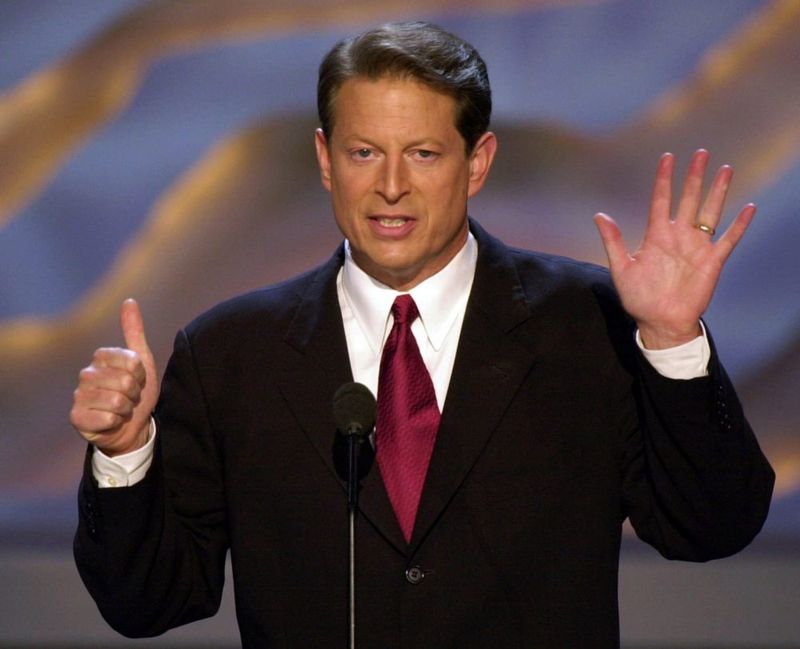The Vietnam War remains one of the most complex and controversial conflicts in American history.
It shaped not only the geopolitical landscape but also the lives of countless individuals who bravely served.
Here are twelve remarkable veterans whose experiences and contributions have left an indelible mark both during and after the war.
12. Iceal “Gene” Hambleton – The Man Behind Bat21
Iceal “Gene” Hambleton, an Air Force navigator, found himself in a precarious situation when his aircraft was shot down over Vietnam. His story of survival and the subsequent rescue mission became legendary, capturing the essence of courage and endurance.
The mission, known as Bat21, highlighted the real-life tension and heroism of the conflict. Hambleton’s dramatic rescue was later immortalized in the film Bat21, bringing his story to audiences worldwide.
His experience underscores the unpredictable and perilous nature of war, where every moment counts. Hambleton’s legacy continues to inspire those who learn about his remarkable journey.
11. Bob Kerrey – Medal of Honor Recipient and Politician
Bob Kerrey, a former Navy SEAL, displayed extraordinary valor in the midst of battle. During a mission in Vietnam, he sustained severe injuries, leading to the loss of part of his leg.
Despite this life-altering event, Kerrey’s courage did not go unnoticed, earning him the prestigious Medal of Honor. Transitioning from military service to politics, Kerrey brought the same determination and leadership.
He served as a U.S. Senator and Governor of Nebraska, advocating for veterans and various social issues. His journey from the battlefield to the political arena showcases resilience and an unwavering commitment to service.
10. Dennis Franz – Emmy-Winning TV Star
Before becoming a household name, Dennis Franz served in Vietnam with the 82nd Airborne Division. His time in the military instilled a sense of discipline and resilience that would later define his acting career.
Known for portraying complex, gritty characters, Franz’s experiences in Vietnam enriched his performances. After the war, Franz transitioned to acting, ultimately gaining fame as Detective Sipowicz on NYPD Blue.
His role earned him multiple Emmy Awards, showcasing his talent and depth. Franz’s journey from soldier to celebrated actor highlights the transformative power of perseverance and dedication to craft.
9. Chuck Hagel – Former Secretary of Defense
Chuck Hagel served alongside his brother in the 9th Infantry Division during the Vietnam War. The experience was both harrowing and formative, as Hagel navigated the complexities of combat.
Surviving multiple injuries, he returned home with a profound understanding of military life’s challenges. Hagel transitioned from soldier to statesman, eventually serving as a U.S. Senator and Secretary of Defense under President Obama.
His leadership was marked by a deep commitment to military personnel and veterans. Hagel’s path illustrates the impact of service on shaping strong, compassionate leaders dedicated to national security and welfare.
8. Pat Sajak – Beloved Game Show Host
Pat Sajak’s journey to becoming a beloved game show host began in the bustling city of Saigon. As a disc jockey for Armed Forces Radio, Sajak brought music and news to troops stationed in Vietnam, offering them a slice of home amidst chaos.
This experience laid the foundation for his future career in entertainment. Sajak’s warm, engaging demeanor later made him a pop culture icon as the host of Wheel of Fortune.
His ability to connect with audiences, whether on the radio or television, underscores the enduring power of communication and connection in any setting.
7. Jim Webb – Decorated Marine and Author
Jim Webb, a highly decorated Marine, earned the Navy Cross for exceptional heroism during the Vietnam War. His leadership and bravery in combat set him apart as a respected figure among his peers.
After his military service, Webb’s career took a creative turn as he became a successful author. His bestselling novel, Fields of Fire, draws from his experiences, offering a raw and powerful depiction of war.
Webb’s journey from the battlefield to the literary world exemplifies the multifaceted nature of veterans’ lives, showcasing their ability to influence culture and society through diverse mediums.
6. Ron Kovic – Anti-War Activist and Author
Ron Kovic’s life took a dramatic turn when he was paralyzed during combat in Vietnam. His experiences fueled his resolve to become an outspoken anti-war activist, shedding light on the realities faced by many veterans.
Kovic’s memoir, Born on the Fourth of July, offers a poignant exploration of his journey and was adapted into a film starring Tom Cruise. Through his activism and storytelling, Kovic has amplified the conversation around war, peace, and the veteran experience.
His work continues to inspire and challenge perceptions, urging a deeper understanding of the human cost of conflict.
5. John Kerry – Former Secretary of State
John Kerry, a Navy swift boat commander, served with distinction during the Vietnam War. His courageous actions earned him multiple medals for valor, highlighting his commitment and leadership in challenging circumstances.
Following his military service, Kerry became a leading anti-war activist, advocating for peace and change. His political career later saw him serve as a U.S. Senator and Secretary of State, where he continued to champion diplomacy and global cooperation.
Kerry’s journey reflects a dedicated pursuit of justice and peace, leveraging his experiences to influence policy and promote understanding on the world stage.
4. Tim O’Brien – Acclaimed Author
Drafted into the Army, Tim O’Brien served in Vietnam, an experience that profoundly shaped his future writings. His collection of interconnected stories, The Things They Carried, remains a seminal work, capturing the psychological and emotional landscape of soldiers in conflict.
O’Brien’s narrative style blends fiction with his personal experiences, offering readers a nuanced perspective on the complexities of war. His ability to convey the multifaceted nature of human emotions has earned him critical acclaim.
O’Brien’s work stands as a testament to the power of storytelling in understanding and processing the profound impact of war.
3. Colin Powell – Four-Star General and Statesman
Colin Powell’s distinguished military career includes two tours in Vietnam, where he honed his leadership skills and strategic acumen. Rising through the ranks, Powell’s service laid the groundwork for his future roles as a four-star general and statesman.
Powell made history as the first Black Chairman of the Joint Chiefs of Staff and later served as Secretary of State. His leadership was characterized by a commitment to integrity and excellence.
Powell’s journey from the battlefields of Vietnam to the highest echelons of government exemplifies the enduring impact of military service on leadership and national identity.
2. Oliver Stone – Oscar-Winning Director
Oliver Stone’s combat experiences as an infantry soldier in Vietnam profoundly influenced his filmmaking career. Wounded in action, Stone’s firsthand knowledge of the war’s realities became a central theme in his critically acclaimed films.
His work, including Platoon and Born on the Fourth of July, offers a raw, unfiltered look at the Vietnam War’s complexities. Stone’s ability to translate personal experiences into powerful visual narratives has earned him multiple Oscars and a lasting impact on cinema.
His films continue to resonate, inviting audiences to explore the dynamics of war and its lasting effects.
1. Al Gore – Former Vice President of the United States
Al Gore’s service as an Army journalist in Vietnam provided him with a unique perspective on the war, shaping his future endeavors in public service. Reporting from the ground, Gore’s work highlighted the diverse experiences of soldiers, offering a critical lens on the conflict.
After Vietnam, Gore’s career trajectory led him to the U.S. Senate and the Vice Presidency, where he focused on environmental and social issues. His advocacy for climate change earned him a Nobel Peace Prize.
Gore’s journey underscores the role of informed, empathetic leadership in addressing global challenges, rooted in a commitment to truth and action.
